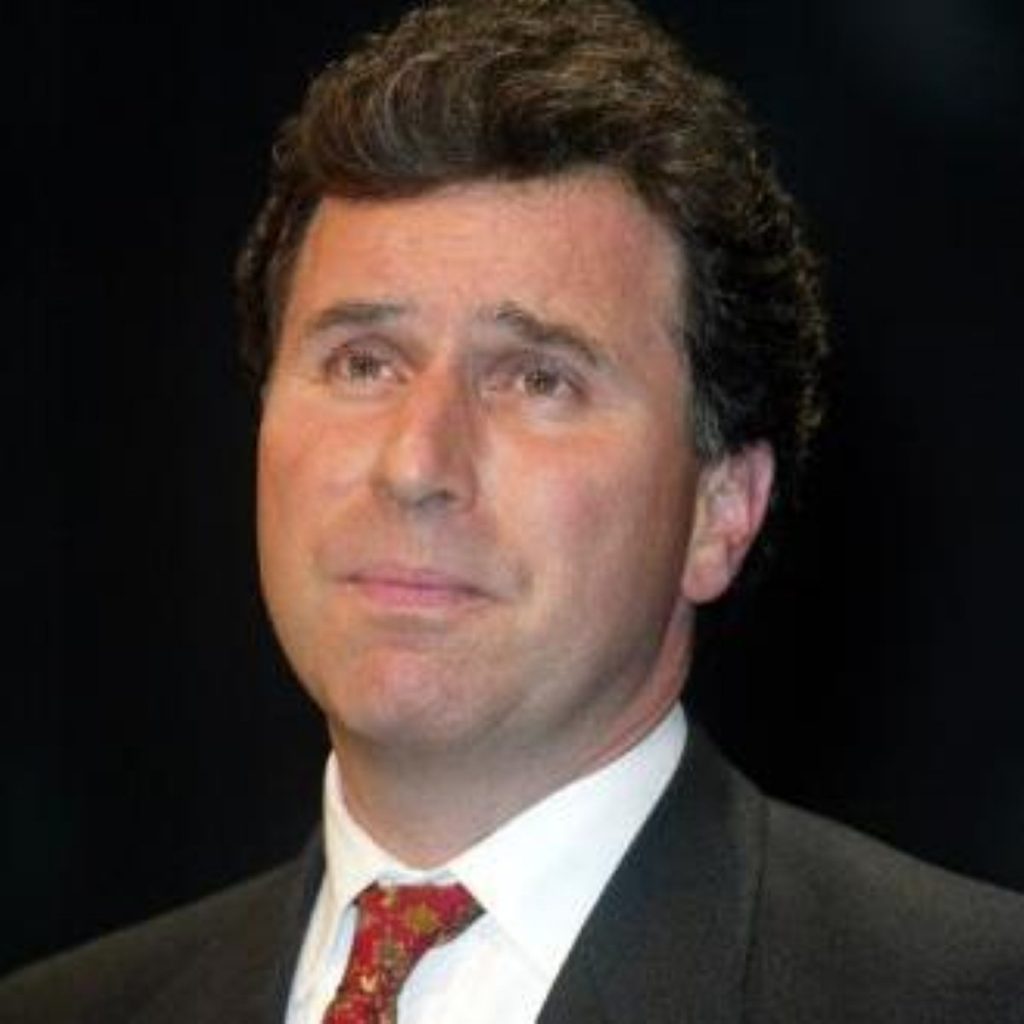Conservatives consider capital gains tax axe
Scrapping capital gains tax is one of the options under consideration by the Conservative Party as part of a series of proposals for its reform.
The party believes there are several deficiencies with the current structure of the tax.
Shadow Chancellor Oliver Letwin said: “Its current structure distorts investment and has a negative effect on the economy. It discourages people from using capital in an enterprising way.”
The first option the party is considering is to abolish it altogether so no tax would be due on gains on assets. This would cost the Treasury £2,000 million but Conservatives are concerned it would encourage increased income tax avoidance, whereby wealthy individuals would convert part of their income into capital gains.


The party is also considering ways to simplify the tax, such as introducing a flat rate of ten per cent of tax on all assets. This, the party says, would both simplify the current system and provide a sufficiently low rate of tax to encourage investment at a cost of £1,000 million to the Treasury.
Alternatively, to get round the problems of income tax avoidance, the party could introduce a ten per cent flat rate, but treat capital gains as income where assets are held for less than two years. This is also the cheapest option for the Treasury at £850 million.
Mr Letwin added: “Conservatives believe in encouraging saving and enterprise. We think it is right that capital gains should be taxed more favourably than earnings. We also believe that taxes need to be simpler.”
Today’s proposals follow papers on reforming stamp duty, income tax and national insurance.
The party plans to publish further proposals for reforming council tax, the taxation of savings and pensions, the taxation of small businesses, and environmental taxes.
Proposals for reforming inheritance tax are also imminent.
Capital gains tax is charged on gains – the difference between the price an asset was bought and sold for – made on disposals of assets by individuals.

